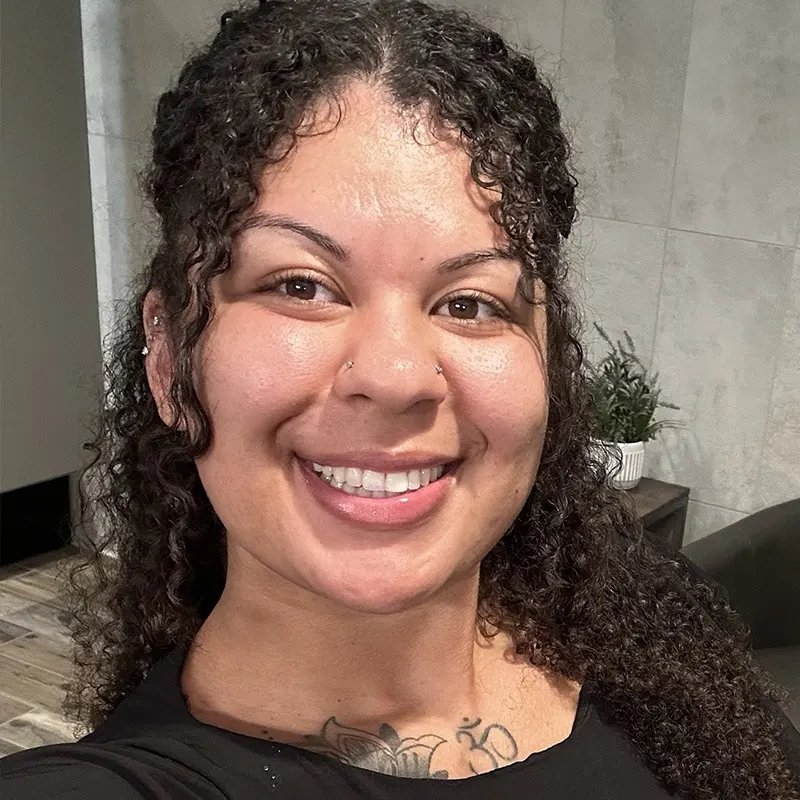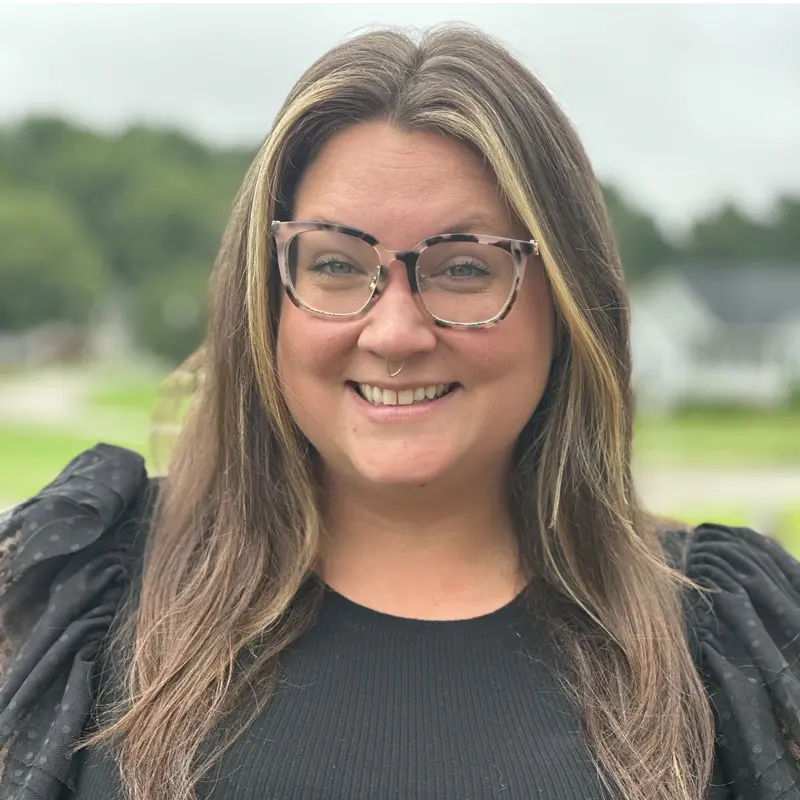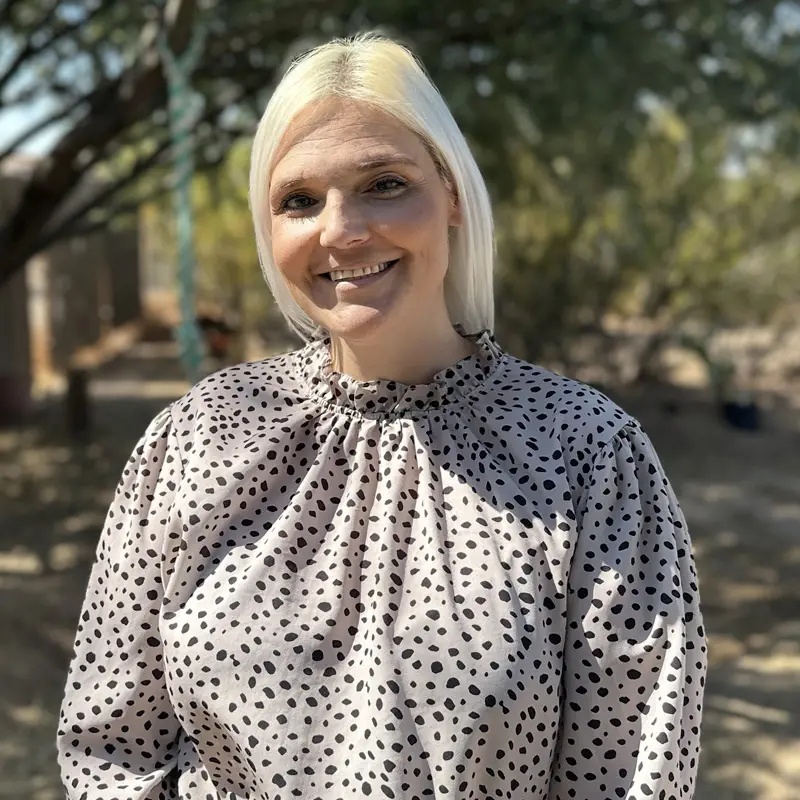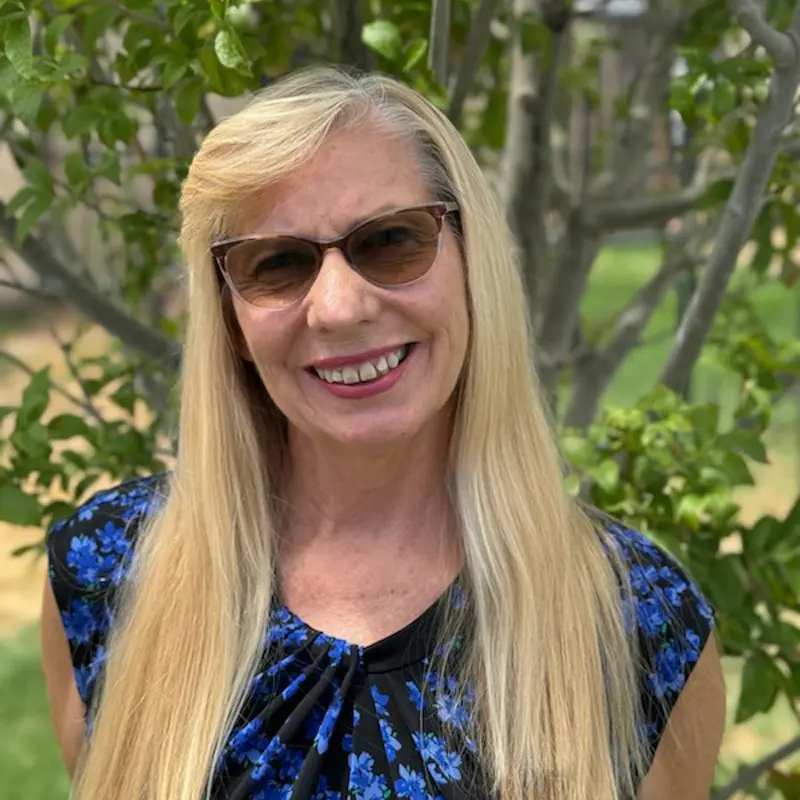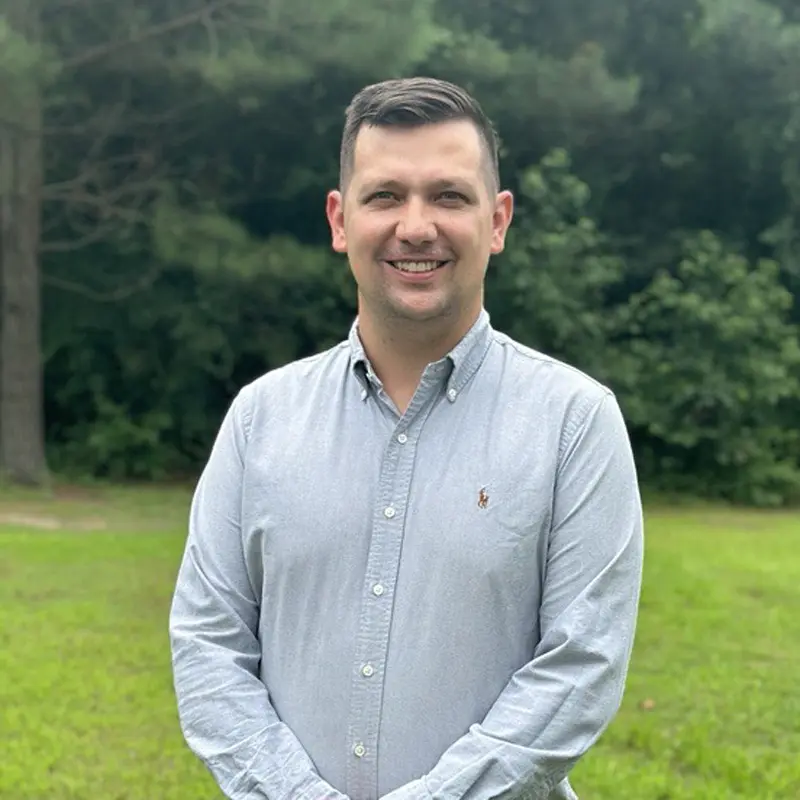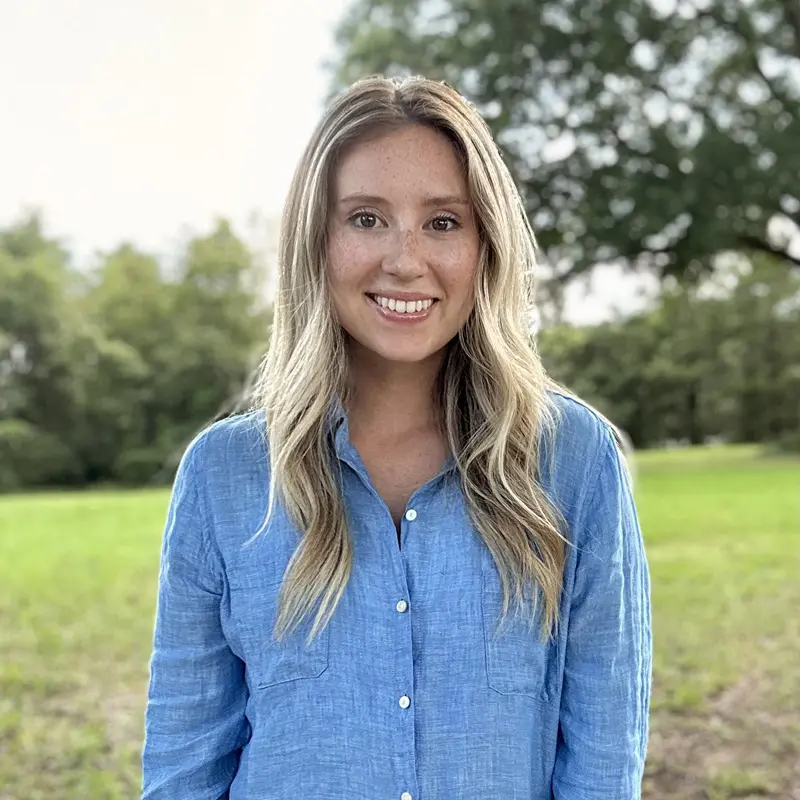At Cardinal Pediatric Therapies, we recognize that Applied Behavior Analysis (ABA) therapy stands as one of the most effective, evidence-based interventions for children with autism spectrum disorder (ASD). While our dedicated ABA therapists are tasked with implementing specialized strategies, we firmly believe that active involvement from parents in ABA therapy is vital to achieving lasting positive outcomes in a child’s development.
We emphasize the importance of a strong partnership between our professionals and the families we serve. Such collaboration not only fosters consistency in the therapeutic approach but also enhances skill acquisition and facilitates the generalization of learned behaviors across home, school, and community environments.
In this article, we examine the integral role of parents in ABA therapy and how their involvement can significantly impact a child’s progress in areas such as behavior, communication, and emotional regulation. Together, we can create a supportive and effective environment for every child’s growth and success.

Why Parent Involvement in ABA Therapy Matters
Parents are the constant in a child’s life. Unlike therapists or educators, who may interact with a child for limited hours each week, parents are there before and after each session, providing daily structure, emotional support, and insight. As a result, parent involvement in ABA therapy serves as a vital bridge between clinical settings and the home environment.
When parents are active participants, children benefit from a consistent and supportive framework that reinforces their therapeutic goals outside of scheduled sessions. Research shows that ABA therapy is most effective when delivered across multiple environments and supported by all members of a child’s care team, including parents.
Collaborating in the Treatment Planning Process
The first major role parents play in ABA therapy is during the initial treatment planning phase. Parents bring a wealth of firsthand knowledge about their child’s:
- Strengths and challenges
- Behavioral triggers and sensory sensitivities
- Communication preferences
- Interests and motivators
- Daily routines and family dynamics
Board Certified Behavior Analysts (BCBAs) rely on this insight to conduct thorough assessments and create individualized treatment plans that reflect the child’s unique needs. Involving parents from the start helps ensure that therapy goals are meaningful, achievable, and aligned with the family’s values and priorities.
Reinforcing Learned Behaviors at Home
One of the key tenets of ABA therapy is generalization—the ability to apply skills across various settings and environments. For a child to succeed beyond therapy sessions, the techniques taught in a clinical or school environment must also be practiced at home. This is where parents play a vital role.
Parents are encouraged to:
- Use the same prompts, reinforcement strategies, and behavior plans used in therapy
- Practice targeted skills (like requesting, sharing, or waiting) in everyday situations
- Track progress or challenges and communicate them with the therapy team
By consistently applying ABA methods in the home environment, parents help their children internalize and retain new skills, thereby increasing the likelihood of long-term success.

Creating a Supportive and Structured Home Environment
A well-structured and predictable home environment supports the goals of ABA therapy. When children with autism have access to routines, visual supports, and sensory-friendly spaces, they are more likely to thrive.
ABA therapy gives parents practical tools to:
- Reduce problem behaviors by adjusting the physical environment
- Implement visual schedules and task lists to promote independence
- Understand the function of a child’s behavior and respond appropriately
- Prevent meltdowns by identifying and managing triggers
The home becomes an extension of the therapeutic environment when parents consistently and intentionally apply ABA strategies.
Becoming Advocates and Collaborative Partners
Parents are natural advocates for their children. As active participants in ABA therapy, they can assume a more empowered role when collaborating with schools, medical professionals, and service providers.
Key advocacy activities may include:
- Collaborating with school teams to align IEP goals with ABA treatment plans
- Attending team meetings to share observations and data from home
- Communicating concerns or changes in behavior with therapists and educators
- Requesting additional evaluations or services when necessary
By acting as a collaborative partner, parents help ensure continuity and coordination across all areas of their child’s development.

Receiving Parent Training and Ongoing Support
Many ABA providers offer parent training programs as part of their service model. These sessions, led by behavior analysts, are designed to teach caregivers how to implement ABA principles in their homes effectively.
Topics may include:
- Positive reinforcement techniques
- Functional communication strategies
- Behavior intervention plans (BIPs)
- Managing transitions and meltdowns
- Teaching self-help or life skills
Training helps parents feel more confident and capable in their role, reduces stress, and improves the family’s overall quality of life.
Practicing Self-Care and Building Resilience
Parenting a child with autism can be deeply rewarding, but it can also come with unique emotional and logistical challenges. ABA therapy recognizes the importance of parental self-care as a vital part of the child’s support system.
By offering resources, community connections, and encouragement, therapists can help parents:
- Prevent burnout by setting healthy boundaries
- Access respite services or support groups
- Celebrate progress and small wins
- Feel seen, heard, and supported by the therapy team
When parents are emotionally and mentally healthy, they are better equipped to support their child’s journey.
Supporting the Whole Family in ABA Therapy
At Cardinal Pediatric Therapies, parents are key partners in every step of the ABA therapy process. Whether it’s during the initial assessment, daily skill reinforcement, or family coaching sessions, your insight and presence are instrumental in creating real, lasting progress for your child.
We provide in-home ABA therapy services throughout Arizona and North Carolina, including parent training and collaborative care models that prioritize consistency, compassion, and meaningful outcomes. Our team of Board Certified Behavior Analysts (BCBAs) and Registered Behavior Technicians (RBTs) is committed to supporting the entire family—not just the child.
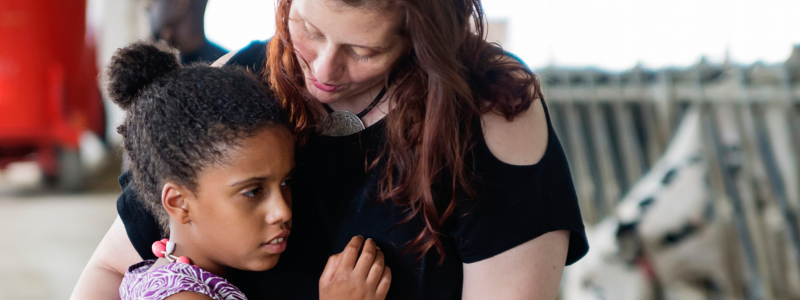
The Role of Parents in ABA Therapy
The involvement of parents in ABA therapy is not just helpful—it is foundational. From day one, your observations, input, and commitment shape the direction and success of your child’s treatment. With guidance from skilled therapists and a shared investment in your child’s goals, you can create an environment where learning happens every day, in every setting.
By reinforcing skills, creating structure, and advocating for your child’s needs, you become more than just a participant in ABA therapy—you become a partner in your child’s growth.
Looking for ABA therapy parent training in Arizona or North Carolina? Contact Cardinal Pediatric Therapies today to discover how our personalized programs can support your family’s journey!



